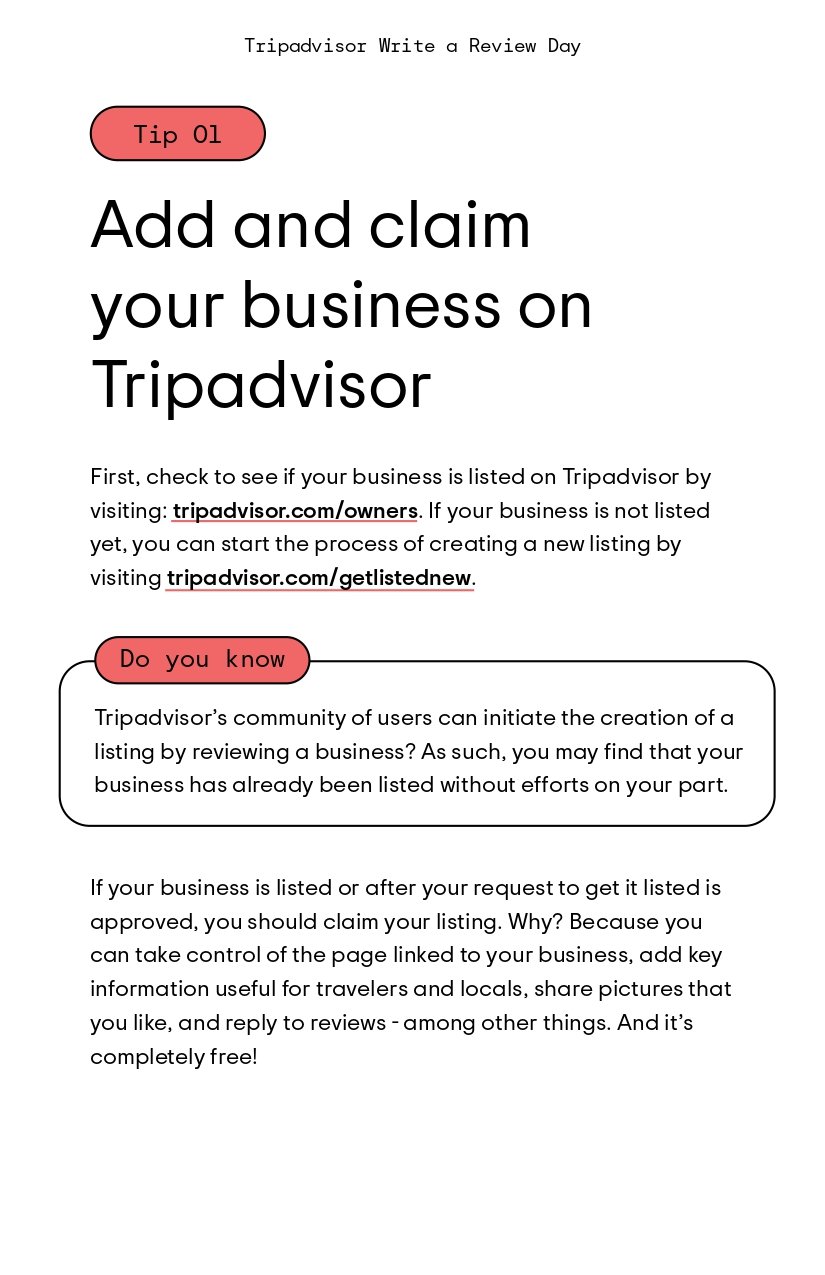
Consumer Reports recently found that many juices, including grape, apple, and fruit blends, have trace amounts of arsenic, cadmium, or lead. Mercury can also be found in juices, which can cause neurological problems or cancer in high doses.
Food and drink toxins are a growing concern. Consumers can be alarmed if they discover one in their favorite products. This is why companies conduct extensive testing before placing their products on shelves.
FDA has been examining arsenic levels in apple juice. They have also worked to limit the amount of inorganic arsenic found in ready-to drink apple juice. According to the FDA, the agency wants to make sure that juice is safe for children as well as that there is no risk to their health.
Inorganic arsenic found in apple juice can pose a serious threat because it is known to be a carcinogen and can cause skin, bladder, and lung cancer in humans. It can also cause damage to the immune system, diabetes risk, and lower intelligence.

There has been an evolution in the process of making juice over the years. Some companies now use China-made apple-juice concentrated, which is well known for its high arsenic level in its groundwater. The concentrate is mixed with water and sold as juice to consumers.
This process of blending apple-juice concentrate with water has been criticized because it increases the potential for arsenic to be in the final product. According to Food Safety News' website, many companies have voluntarily recall their juice. This includes Tropicana 100% Apple Juice; Nature's Own 100% Apple Juice; and Red Jacket Orchards 100 Fuji Apple Juice Never Added Concentrate (PDF).
Inorganic arsenic has been linked with cancer, kidney disease, skin disorders and neurological disorders in humans. But it can also occur due to rock erosion or volcanic eruptions. However, the EPA suggests that you don't drink water containing more that 10 parts per million of total arsenic. This is not always possible.
Because arsenic naturally occurs in some regions of the globe, it is not unusual for trace amounts to be found in foods and beverages produced overseas. Some of these substances may also be contaminated with pesticides.
Children, in particular, are more vulnerable to the harmful effects of arsenic as they have weaker systems that process chemicals and cannot absorb them fully. The CDC has found that children who consume juice containing high levels arsenic might have impaired brain development, a lower IQ, and other health issues.

Consumers are increasingly looking for juices that do NOT contain arsenic. Some of these options are available on the Internet or at grocery stores.
CR tested 45 fruit juices, including grape, from 24 national and privately-label brands, for mercury, cadmium and lead. It found that 21 had "concerning level" for one or several of these metals. Some of these brands (e.g., Welch's brand, Trader Joe's Fresh Pressed Apple Juice) exceeded the FDA's limit.